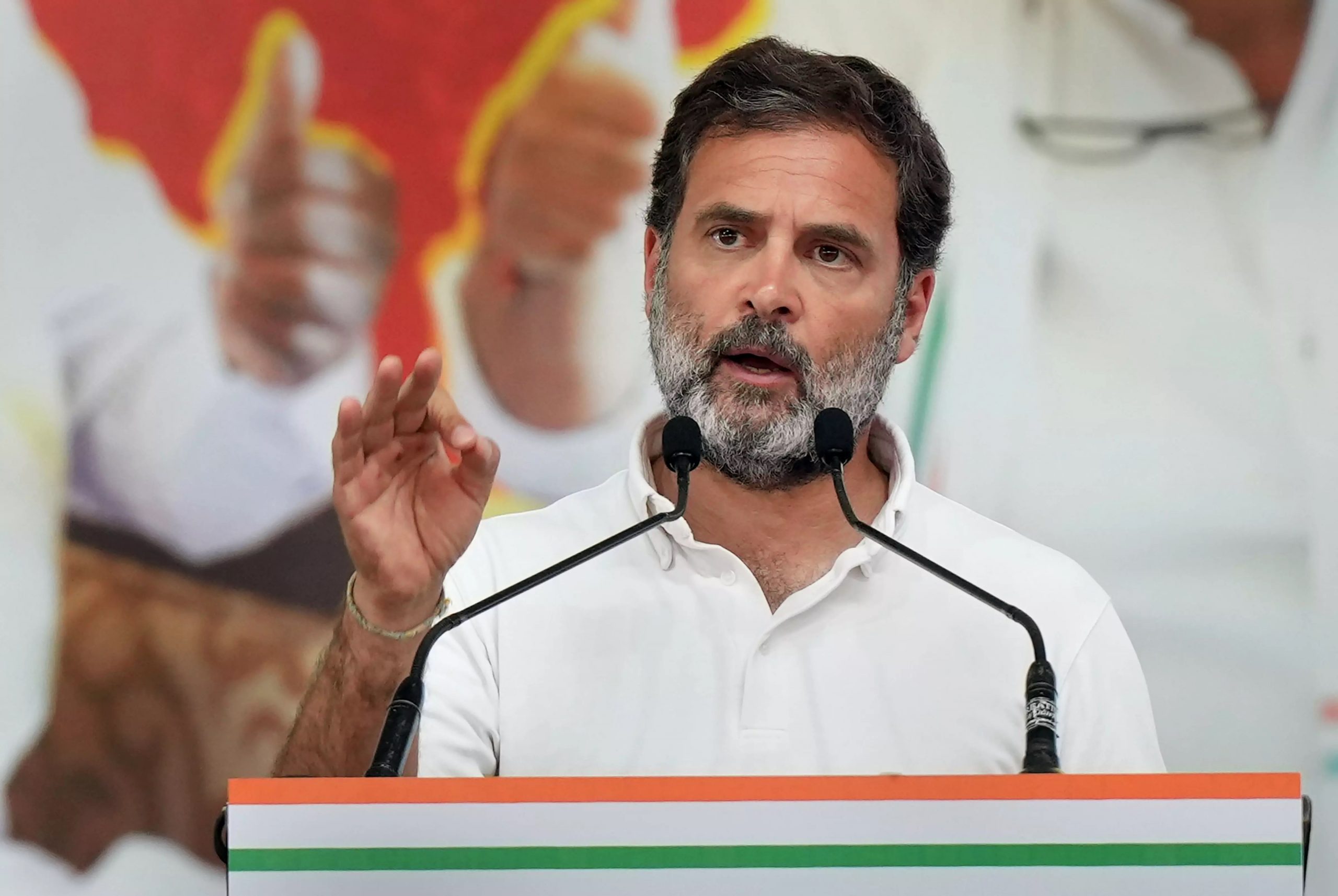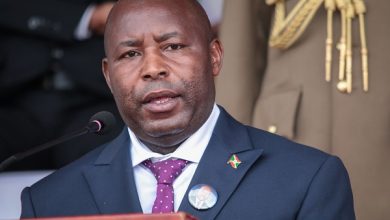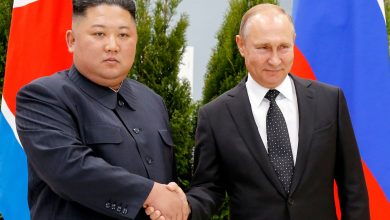
Following the recent announcement of tariffs by U.S. President Donald Trump on all his global trading partners, Ghana’s efforts to expand its export base may encounter significant challenges.
Key sectors such as cocoa, textiles, and manufacturing are expected to face higher costs in the American market.
Economist Dr. Peter Terkper warned that these increased costs could lead to a higher demand for foreign currency and slow down Ghana’s export growth.
He also cautioned that if major economies like China and those in the EU retaliate, global supply chains could be disrupted, driving up trade costs and creating economic uncertainty, particularly for emerging markets like Ghana.
Dr. Terkper stressed the importance of Ghana mitigating the impact of US tariffs by prioritizing value addition to its raw materials.
“He’s doing everything from his campaign promises, where he says American first. So whatever policies he’s ruling out now are born out of that. But because whatever happens in the American economy affects the global economy, it’s a cause of concern, especially those of us in Africa”.
So whilst we are trying to expand our export base where we can produce and export to earn some foreign exchange, Donald Trump is also increasing tariffs. So for Ghana, what it means is that export to these countries is going to be expensive, and again, it’s going to come with the foreign currency demand because once you are exporting to America, you are going to pay taxes.
He encouraged the country to boost demand for locally processed goods, highlighting that strengthening domestic production would improve economic resilience and reduce dependence on larger economies.
“And so it is not good for emerging economies like Ghana, where we want to, you know, volitionalize our export base. If somebody is importing from China and then China is shipping most of its goods to America, then because of high taxes, the cost of shipping fees from China to America will be expensive, and we all know that the quality of items that move among these countries is high and definitely what they would like to buy from them.”
“And so the challenge of the global economy is that it’s going to make the cost of living very high, especially trade. It’s also going to impact supply chain logistics,”





